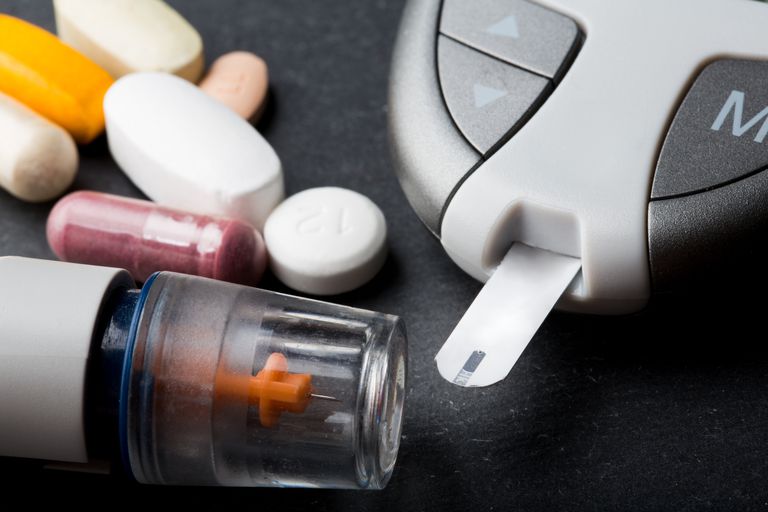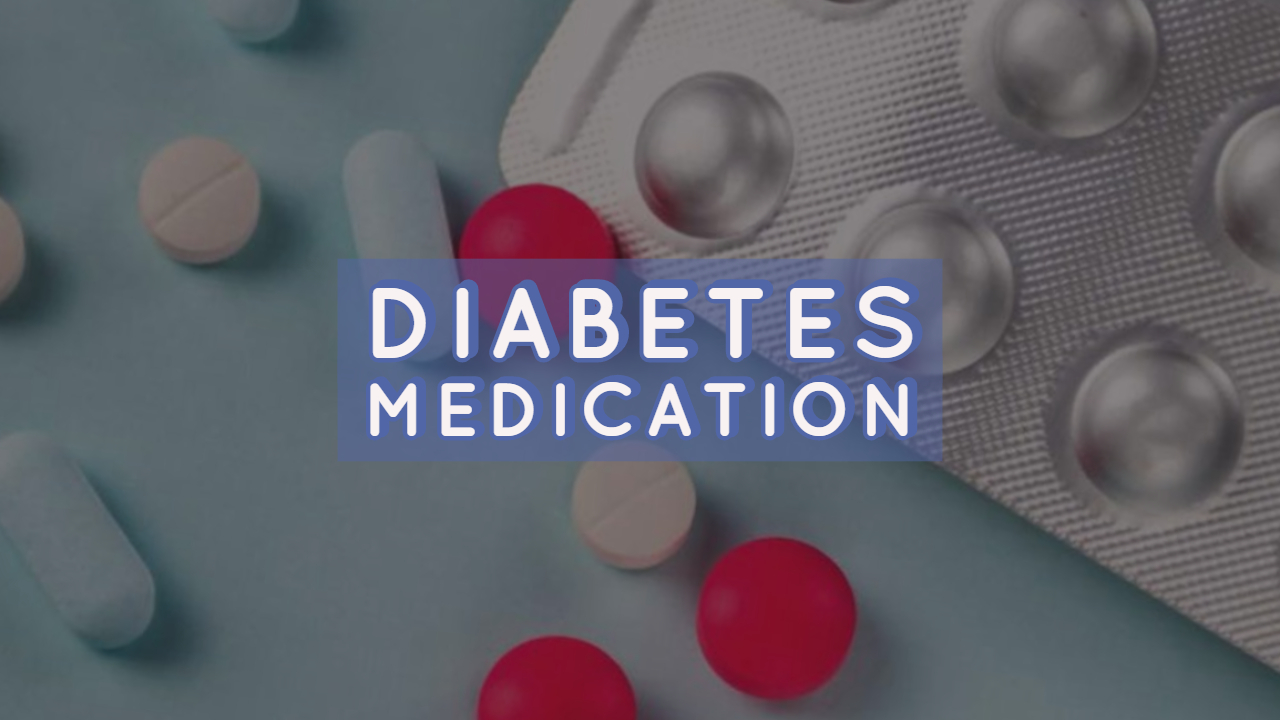If you facing diabetes, then you should read medications about it. You will get to know about the Pros, cons, and dosages.
Metformin

Metformin makes your body more responsive to insulin (made by your pancreas)
Pros:
- Inexpensive
- Effective (Reduce A1c by 1.5)
- Well tolerated by most people
Cons:
- Some people get stomach discomfort or diarrhea.
- If your kidney function is low then reduce the dose of metformin. ( Metformin does not harm the kidney! )
Dosage:
- Start from 500 mg a day
- 500 mg twice a day with breakfast and dinner
- 1000 mg twice a day with breakfast and dinner
If GFR between 30-45, no more than 1000 mg a day If it is below 30, then stop metformin.
It should be the first medication to consider for type 2 diabetes, as it is generally effective, safe and inexpensive.
Sulfonylureas
- Glimepiride, Glipizide, Glyburide.
- They push pancreas to release more insulin
Pros:
- Reduce A1C by 1 to 2 percent
- Inexpensive
Cons:
- Weight gain
- Hypoglycemia
Which one of the sulfonylureas to use?
I do not generally recommend this class of medication due to the side effects. If you have to take it and have reduced kidney function, then glipizide is preferred, as there is a smaller risk of hypoglycemia compared with other medications in this class.
Thiazolidinediones

It makes your body more responsive to insulin
Pros:
- Reduce A1C by about 1
- Inexpensive
- Does not cause hypoglycemia by itself
Cons:
- Weight gain
- Increase risk for bone fracture (for example, it is not recommended for women after menopause)
- People with heart failure, bladder cancer or liver the disease should not take it.
GLP-1 agonist
GLP-1 agonist is a class of medication It includes: Byetta, Bydureon, Ozempic, Trulicity, and Victoza GLP-1 agonist reduce blood glucose and weight It does not cause hypoglycemia by itself. It comes as an injection. Not for type 1 diabetes.
Common side effects: nausea, abdominal pain Rarely it causes pancreatitis (inflammation of the pancreas) Stop it if you are not able to tolerate.
If you had pancreatitis or pancreas cancer before, do not take it. If your kidney function is low (more specifically, GFR less than 30), do not take Byetta or Bydureon.
DPP4 inhibitors
They push pancreas to release more insulin only when the blood sugar level is high. Similar to GLP-1 agonist, but not as strong.
Pros:
- Reduce A1C by 0.7 point
- It is a pill, unlike GLP-1 agonist
- Does not cause weight gain
- Does not cause hypoglycemia
- Better tolerated than GLP-1 agonist
Cons:
- Not as effective as GLP-1 agonist both in terms of weight loss and glucose reduction
- Do not take this medication if you had acute pancreatitis.
We recommend GLP-1 agonist instead of a DPP-4 inhibitor unless you can not take an injection or you were not able to tolerate GLP-1 agonist due to side effects or your A1c is only slightly above target.
SGLT-2 inhibitor
You will get rid of sugar from urine with this medication.
Pros:
- Reduce A1c by 0.5 to 1 point
- Weight loss
- Protect heart
- Slightly reduce blood pressure
Cons:
- Urinary tract infection (You need to keep yourself well hydrated and check kidney function 2 to 4 weeks after starting the medication)
- May be associated with bone fracture, diabetic ketoacidosis, and leg amputation. However, these things rarely happen
How do I know if I have got a side effect from the medication?
1.) If you are taking any medications, and feel nauseated, then you might have a problem.
2.) If yes, it is probably a side effect of the medication, switch to a different medication.
3.) Suspend the medication for a few days and see if you feel better. If no, it is not a side effect of the medication. What you have experienced is caused by something else. If yes, start the medication again at a lower dose.
4.) If you start to experience the same thing again after you restarted the medication, it is probably a side effect of the medication, Switch to another medication.
So, You do not feel the same thing again, then what you had experienced is probably not because of the medication.
Caution:
If you have experienced serious side effect (that you have to go to the emergency room or become hospitalized), do not restart that medication yourself.



